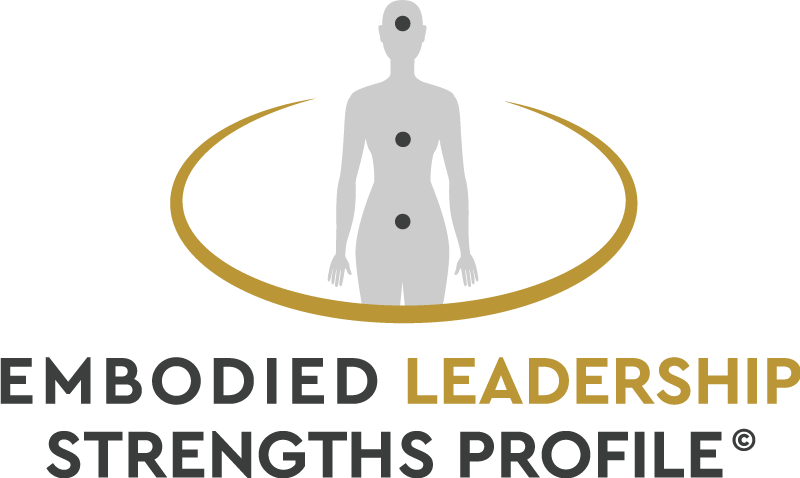What does it mean when someone says, “slow down, to get there faster”?
In a previous article we explored the 4 layers of Collective Leadership and in a subsequent article we focused on some of the attributes and awareness required as part of the First Layer: Aware of Self and Others, Fully and Authentically Expressed.
The second layer of our four-layer Collective Leadership model builds on the first layer to deepen awareness of self and others: – leaders know themselves and each other at a core level, their unique talents, strengths, challenges and perspectives.
But what’s required to start to build this knowledge, and how can you do this when everyone may be time pressured, or feeling overloaded, life seems to be a series of decisions and back-to-back meetings, and emails flood into your inbox faster than you can think?
You may have had time for deeper thinking over the period of the COVID-19 restrictions, with less expectations, less social outings, more time to consider how things may be different. What do you want for yourself and your team in a very new landscape? No one can come up with all the answers in a world where things are new, unique, unexpected and never before experienced. This is a great time to tap into your team’s wisdom and acknowledge and applaud their resilience, adaptability and to witness how their capabilities are harnessed.
At Leadership Coefficient, to deal with uncertainty (or to maximise contributions in time of more stability) we advocate slowing down – counter-intuitive at first, but very effective at reaching the right goal faster, and in ensuring that others are on the journey with you.
Slow down to know yourself

It takes reflection and time to learn what your strengths are. It takes being mindful through the day to recall and be aware of your strengths, what you are good at, where you most enjoy playing, what motivates you and where your most effective contribution to your colleagues and the business lies. Pause and consider how you can contribute in a way that feels like you are rowing with the current and not in a constant, exhausting battle that feels like you are rowing upstream.
Slow down to deepen your awareness of others

Do you leave meetings wondering how you might better honour the different talents, perspectives and strengths of the people around you? It takes slowing down to fully appreciate that not everyone sees the world as you do – other people have different perspectives and strengths that they can bring to a challenge or opportunity, they pick up on different cues and signals and value different things. In Systems Leadership it is very important to harness the full spectrum of talents in the team or group, and to know and appreciate the different approaches or capabilities of others in the team. No one view is right or wrong – we are all formed by different life experiences and have different ways of seeing the world.
Slow down to be aware of how to harness the strength of the collective
and to see where they might be able to more fully contribute. Pause and consider what strengths might they have that can complement or even supplement yours and help you reach shared objectives faster? Have you accidentally taught them to defer to you for decisions? Find out what motivates and engages them and provide opportunities for them to enjoy that feeling of leveraging their talents and “being in flow”. Harnessing diversity leads to better outcomes.1
Slow down to be aware of your impact
When your approach is different to others, when your perspective isn’t necessarily shared by a colleague or two, be mindful of how you come across. Are you a good listener, open to learning how others see things and widening everyone’s understanding of each other’s points of view? Are you able to work with others to create a bigger, broader, shared perspective that encompasses other points of view, taps into values and creates a better answer to a problem than just a single view, enabling others to be excited and motivated about the journey? Or do you press on, wondering why they are so obtuse and “just don’t get it”, hoping that if you tell them often enough how it should be done, they’ll finally get on board? Being aware of your impact and creating an environment where everyone feels it is safe to provide feedback to each other will deepen psychological safety and enhance performance throughout the team. Adaptability, much needed in the current environment, correlates very highly with high levels of both cognitive diversity and psychological safety.2
Slow down to allow what you know in your heart and your gut to emerge.

Are you effectively leveraging the perspectives, talents and strengths of the whole human system? Slow down to create space where you can move from the day-to-day tactical busyness of most workplaces and think strategically. Are you all heading in the right direction? Have you considered all perspectives? Have you found time to listen to the less outspoken and harness what they might be seeing? And, are you the best person to take this forward, or are there talents and strengths in your team that can step up and lead this more effectively than you, or that you can enrol and harness for an outstanding outcome? Have you checked in with your colleagues as to how they are experiencing you, and do you truly know yourself and your colleagues at a core level – your and their unique talents, strengths, challenges and perspectives?
Slowing down doesn’t mean switching off, it means switching on. Switching on to happier people at work, switching on to planning and thinking time and switching on to harnessing deep wisdom from people around you who are hungry to share their talents, expertise and strengths. Slowing down means getting to the right place faster.
As Mike Erwin said in an article for Harvard Business Review,3 “Opportunities to focus are still all around us. But we must recognise them and believe that the benefit of focus, for yourself and the people you lead, is worth making it a priority in your life.”
At Leadership Coefficient our Systems Leadership approach can help you to slow down, deepen your awareness and harness the power of the whole team.

Our Embodied Leadership Strengths Profile can help you and your team members identify your strengths or preferences. And, because our embodied profiling works with the natural intelligence of the whole body – head, heart and gut – it slows us down experientially and creates even deeper awareness of ourselves and each other. We can generate a team constellation showing the Strengths and Challenges across any group or team that we have profiled, highlighting the preferences and gaps across the team, and the areas where “Groupthink” may prevail.
Can you envisage a future where other’s strengths and capabilities are harnessed, which frees you up and makes everyone happier and able to enjoy their work far more? Let Leadership Coefficient help you and your teammates on that journey with our Systems Leadership approach.
How We Can Positively Impact Your Leadership and Organisation Culture
To see how one organisation was positively impacted by our Systems and Embodied Leadership approach, please download our latest public sector case study by completing the form below.
————————
References:
1: Teams Solve Problems Faster When They’re More Cognitively Diverse; Alison Reynolds and David Lewis; March 30, 2017
2: The Two Traits of the Best Problem-Solving Teams; by Alison Reynolds and David Lewis; April 02, 2018
3: In a Distracted World, Solitude Is a Competitive Advantage; Mike Erwin; October 19, 2017
